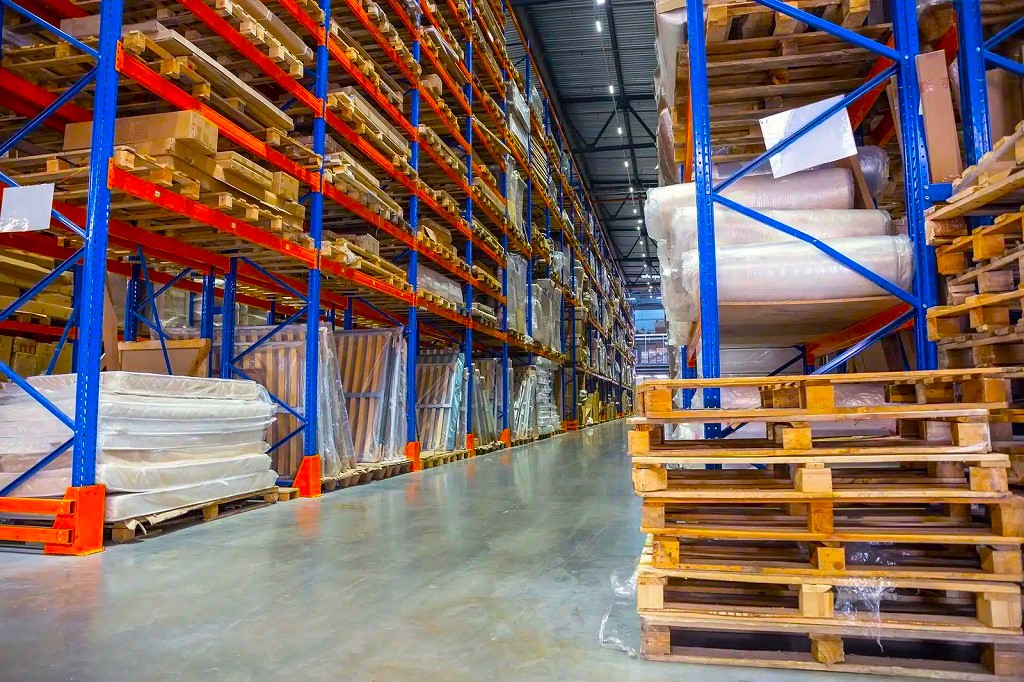
The Ultimate Checklist for Selecting Industrial Storage for Your Business
Industrial storage solutions are the backbone of any efficient business operation, offering a systematic inventory management and organization approach. Whether you’re a small warehouse or a large-scale manufacturing facility, selecting the right industrial storage is crucial for optimizing productivity and maximizing space utilization. To aid in this process, here’s the ultimate checklist to consider when choosing industrial storage solutions for your business:
Security
If you’re storing expensive or fragile items, consider security measures. You’ll want to find a facility with 24/7 surveillance and alarm systems. You’ll also want to ensure the facility has adequate parking and vehicle access. Choosing the right industrial storage Pittsburgh PA solution is essential to your business’s operations. By assessing your needs, understanding storage types and evaluating costs, you can select solutions that fit your budget and improve productivity.
Assess Your Needs
The best industrial storage solutions align with your business operations and goals. Choosing a flexible racking system that can adapt to your business’s changing needs will save you time, money and space.
For example, if you need to store a lot of bulk consumables, such as canned goods or food products, choose a wire rack that can hold many items at once. Or, if you need to store personal belongings such as safety equipment, uniforms or tools, consider modular lockers that can be ganged together in any configuration and are easily customizable with various hooks.
Also, be sure to understand your facility’s clear height to determine if there’s room for a mezzanine system, which can greatly increase floor space and allow you to add workflow or equipment storage.
Budget
Storage costs are one of the most important considerations for any facility. With a solid budget, your business can find adequate space or be forced to settle for a less-than-ideal warehouse. To avoid this, work with your operations team, IT professionals and human resources department to develop a budget for your industrial property.
This will include all necessary equipment and supplies to run your warehouse efficiently. It will also include capital expenditures such as racking, material handling systems, and tractor-trailer investments. It will also include any other expenses that are unique to your industry. Finally, it will consider your space limitations, including clear height. This will help you decide if you need to invest in a mezzanine system that could drastically increase your warehouse’s usable floor space.
Space
The amount of space a company needs depends on the type and volume of inventory. The kind of storage solution also depends on the size of the facility, workflow processes and other factors.
Warehouse space isn’t the same as industrial space, though these terms are often used interchangeably. While a warehouse offers storage, an industrial property is ideal for manufacturing, assembling, fabricating, and hosting meetings.
An industrial warehouse is a commercial property accommodating construction materials, vehicles, shipping containers and equipment. These spaces offer storage in a large open-air yard, which improves access and allows staff to maneuver trucks or machinery easily. Industrial outdoor storage is popular for e-commerce warehouses, truck terminals, and distribution centers. Industrial storage facilities are also located near airports, rail lines and ports to make transportation easier.
Flexibility
As every business is different, so too are its needs for storage solutions. When selecting industrial storage for your warehouse, you must consider factors like your company’s workflow processes and productivity, the amount of inventory you need to store, and the amount of space you have available.
For example, if you have limited floor space, you may need to choose pallet racks, which are adjustable for different widths and heights. They’re also easy to disassemble if you need to make room for more inventory or renovations and upgrades. The flexibility of these storage solutions can help you keep up with your growth projections and traffic forecasts without needing to relocate your warehouse. This can save you money and time in the long run.